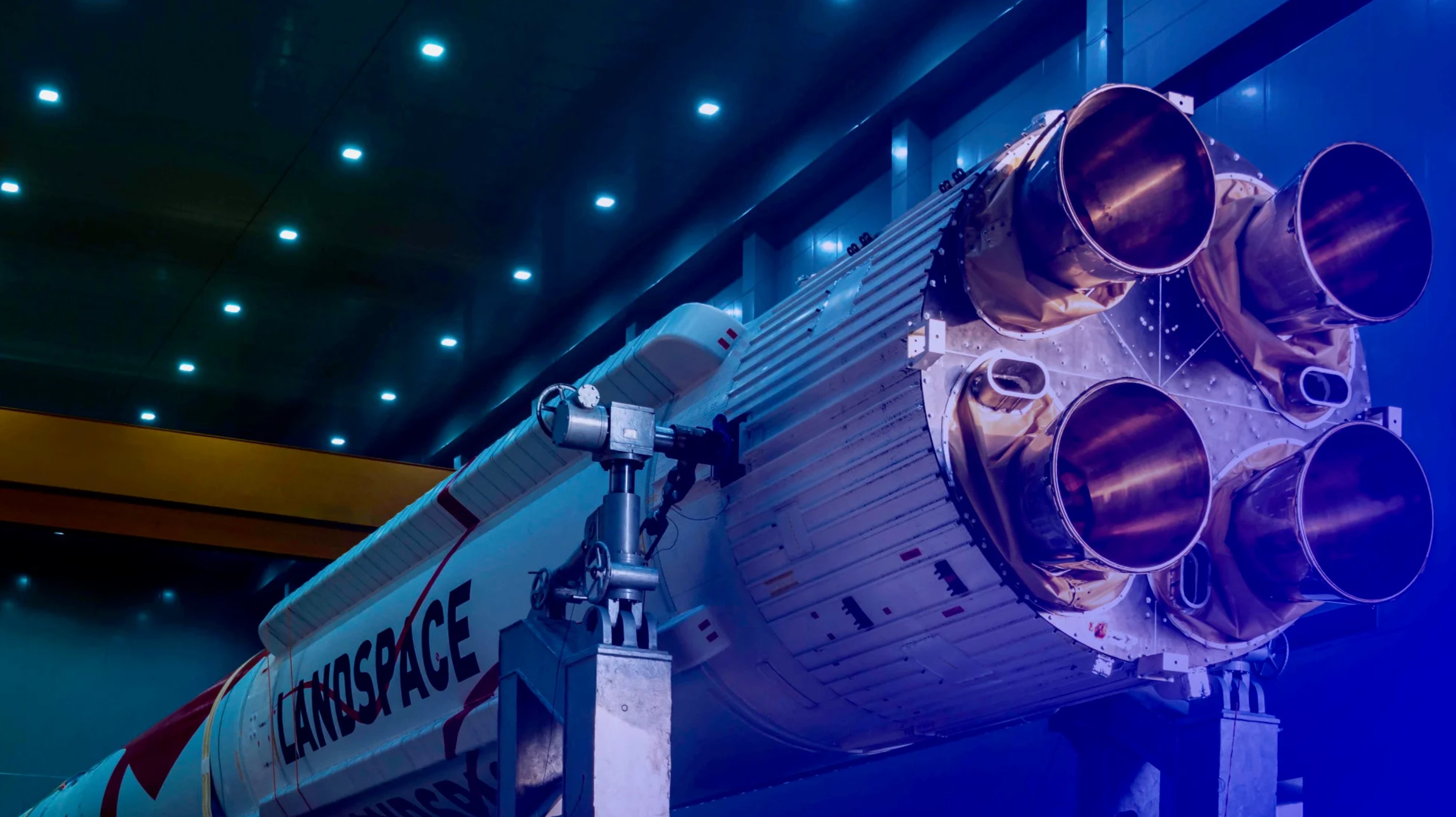
[ad_1]

The world’s first methane-fueled rocket to be launched toward orbit has failed to reach its goal.
The Zhuque-2 rocket, developed by Beijing-based company Landspace, lifted off Wednesday (Dec. 14) on the first-ever orbital mission of a methane-fueled launcher and China’s first liftoff of a commercially developed liquid propellant rocket. Despite the high hopes for the historic mission, it appears that Zhuque-2 failed to reach orbit and lost the 14 satellites it carried.
The launch took place at China’s Jiuquan Satellite Launch Center in the Gobi Desert at 3:30 a.m. EST (0830 GMT) on Wednesday and was intended to place a variety of commercial satellites into sun-synchronous orbit. According to reports, however, the rocket’s second stage failed, resulting in a mission failure and the loss of all satellites.
Related: Chinese rocket body disintegrates into big cloud of space junk
China’s space agency has yet to issue an official statement about the launch. However, footage appeared on Twitter after launch that seems to suggest there was an anomaly with the rocket’s second stage that prevented Zhuque-2 from reaching orbital velocity.
Snapshots taken from Chinese launch coverage appear to show the rocket’s first stage performing well, but that a severe loss of altitude and speed happened roughly five minutes into the flight.
Another snapshot shows Zhuque-2 was losing altitude and speed after SECO at ~T+300s.That’s not a perfect ending, but it still deserves our praise. Space is hard and we hope to see #ZQ2’s return soon. pic.twitter.com/wkkt6Fzya1December 14, 2022
Landspace is already working on a second Zhuque-2 rocket, according to SpaceNews (opens in new tab), but it isn’t yet known when another launch attempt will be made.
Despite the failure of Zhuque-2, the mission continues to demonstrate the rapid progress being made by China’s space program, both in terms of national and commercial capabilities. China is nearing 60 successful launches under its belt for 2022, and recently completed its T-shaped Tiangong space station.
Chinese private space firms have made progress this year as well, as more launch providers have begun to place payloads in orbit on behalf of the state-owned China Aerospace Science and Industry Corporation (CASIC).
Follow Brett on Twitter at @bretttingley (opens in new tab). Follow us on Twitter @Spacedotcom (opens in new tab) or on Facebook (opens in new tab).
[ad_2]